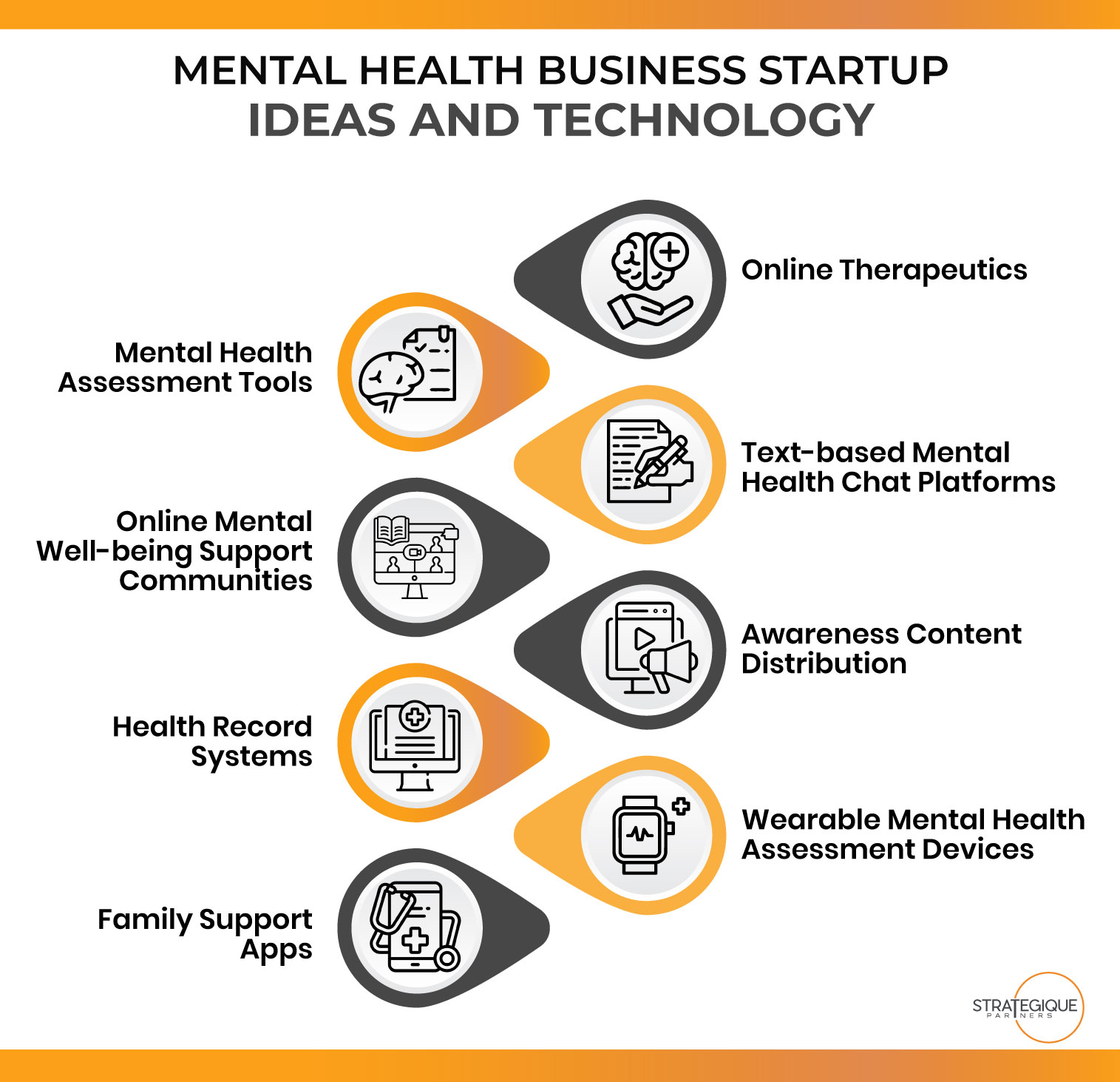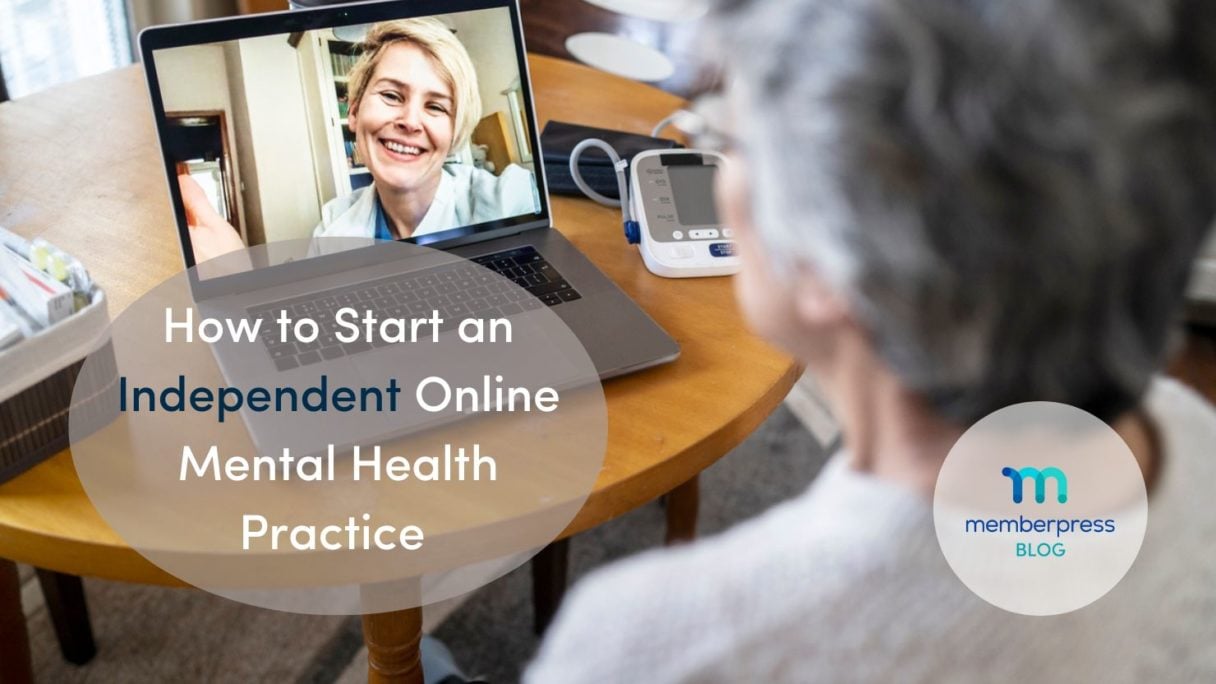How To Start A Mental Health Business

The demand for mental healthcare is surging, creating unprecedented opportunities for entrepreneurs. But launching a successful mental health business requires careful planning and execution.
This article provides a concise guide to navigate the key steps, from initial concept to sustainable growth.
Assess the Landscape
First, identify your niche. Market research is critical.
What specific mental health needs are underserved in your area? Consider demographics, existing services, and emerging trends like teletherapy or specialized treatments.
Data from the National Council for Mental Wellbeing shows a significant increase in demand for youth mental health services, signaling a potential area for focus.
Develop a Business Plan
A robust business plan is your roadmap. Include a detailed description of your services.
Outline your target market, marketing strategy, financial projections, and operational plan.
Secure funding through loans, grants, or investors. According to the Small Business Administration (SBA), healthcare businesses have access to specific loan programs.
Legal and Regulatory Compliance
Navigate the complex legal landscape. Compliance with HIPAA regulations is paramount for protecting patient privacy.
Obtain the necessary licenses and permits. Consult with healthcare attorneys to ensure adherence to state and federal laws.
Credentialing with insurance providers is crucial for reimbursement. This process can be lengthy, so start early.
Build Your Team
Recruit qualified and compassionate professionals. Hire licensed therapists, psychologists, psychiatrists, or counselors.
Conduct thorough background checks and verify credentials. Invest in ongoing training and professional development.
Consider hiring administrative staff to manage scheduling, billing, and other operational tasks. According to Glassdoor, competitive salaries and benefits are essential for attracting top talent.
Establish Your Physical or Virtual Space
Choose a location that is accessible and welcoming. If offering telehealth, ensure a secure and user-friendly platform.
Invest in technology infrastructure. Electronic Health Records (EHR) systems are essential for managing patient data and streamlining operations.
Create a comfortable and therapeutic environment. Consider factors like lighting, acoustics, and décor.
Market Your Services
Develop a comprehensive marketing strategy. Utilize online channels, such as a website, social media, and online directories.
Network with local healthcare providers and community organizations. Offer workshops, seminars, or free consultations to raise awareness.
Emphasize your unique value proposition. Highlight your expertise, specializations, and commitment to patient care. The American Marketing Association offers resources for healthcare marketing.
Manage Finances and Operations
Implement sound financial management practices. Track revenue, expenses, and profitability.
Utilize billing software to streamline the payment process. Regularly review your financial performance and adjust your strategy as needed.
Establish clear operational procedures. Document policies and protocols for patient care, billing, and compliance.
Ongoing Development
Stay informed about industry trends and best practices. Attend conferences, read industry publications, and participate in professional organizations.
Continuously evaluate and improve your services. Solicit feedback from patients and staff to identify areas for enhancement.
Embrace innovation and adapt to changing market conditions. Teletherapy and digital mental health tools are rapidly evolving.
Next steps: Develop your business plan and connect with a healthcare attorney.
Resources like the National Institute of Mental Health (NIMH) offer valuable research and information.













![How To Start A Mental Health Business FREE 7+ Mental Health Business Plan Samples [ Clinic, Charity, Counseling ]](https://images.sampletemplates.com/wp-content/uploads/2021/08/Sample-Mental-Health-Business-Plan.jpg)




